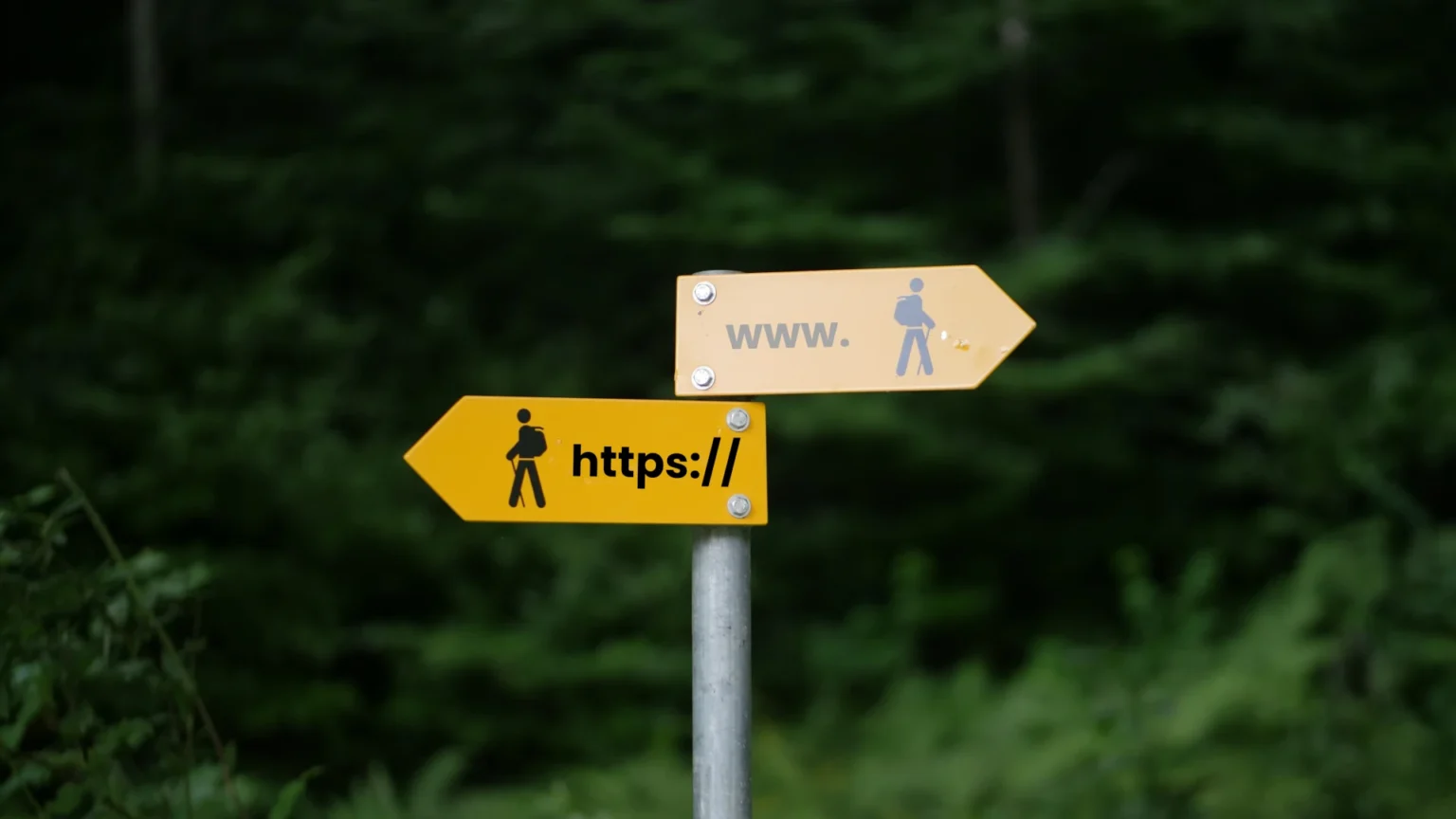Canonicalisation – and why it matters for your website

In computer science, canonicalisation is the process of converting data which has more than one possible representation into a 'standard' or 'normal' form. In simple non-technical language, for us, that means ensuring your website appears on screen when people can't spell its address correctly. Your prospects are human and consequently, they make mistakes - but we don't want those mistakes to take them away from your website.
So, here's a little exercise you can do for yourself - right now.
I'll use HoneyBee Business as our example.
Our correct website address is https://honeybee-business.com … but there are a range of typographical errors we can predict and compensate for. Try searching the internet for your website, using each of these variations:
-
https://honeybee-business.com … http instead of https
-
https://www.honeybee-business.com … www added in error
-
http://www.honeybee-business.com … http and www used in error
Now, don't feel too bad if your website didn't pass those three variations. About 10% of websites don't have the correct code installed to redirect those typographical errors to the right address.
For our website ...
We've ensured the correct canonicalisation is in place to redirect the incorrect and predictable errors to our correct website address.

Why does canonicalisation matter?
Well, if a non-secure webpage (i.e. not preceded by https://) is reached directly by a visitor, they are not being automatically redirected to your secure website. Many people will type your URL directly into their browser - like honeybee-business.com - and it is important they end up on a secure version of that page.
They may also access your website by clicking on a backlink from another website which sends them to honeybee-business.com. Again, in both scenarios, they should be redirected to a secure version of your website - such as https://honeybee-business.com. If they aren't redirected, it can lower their confidence in your business, as many people are not comfortable entering personal information or making a purchase from a non-secure webpage.
Secondly, backlinks from other websites, and even internal links from within your website, may not be transferring 'link authority' correctly and as a result, your website rankings might not be as high as they should be.
For instance, if someone backlinks honeybee-business.com or a different version of your homepage but your different versions don't all redirect correctly to a single version of your homepage - you could be diluting the authority of your backlinks. Pointing them to a single secure version your homepage (or whichever single secure page) is important.
Did your website pass or failthat little canonicalisation test?
If your website passed - great!
If yours didn't pass all versions - go to the HoneyBee Website Audit page and fill out the form for our free Website SEO Audit. Our worker bees will analyse your website and provide a report, telling you what else is in need of attention, SEO-wise.
And we'll offer a no-charge, no-obligation consultation with you, to explain the results and let you know what can be done to remedy the problems the worker bees discovered.
Canonicalisation is just one little part of search engine optimisation - but it's a good place to start - and our worker bees are here to help you.
For more help with canonicalisation, and SEO more generally, check out the HoneyBee SEO Subscriptions.

